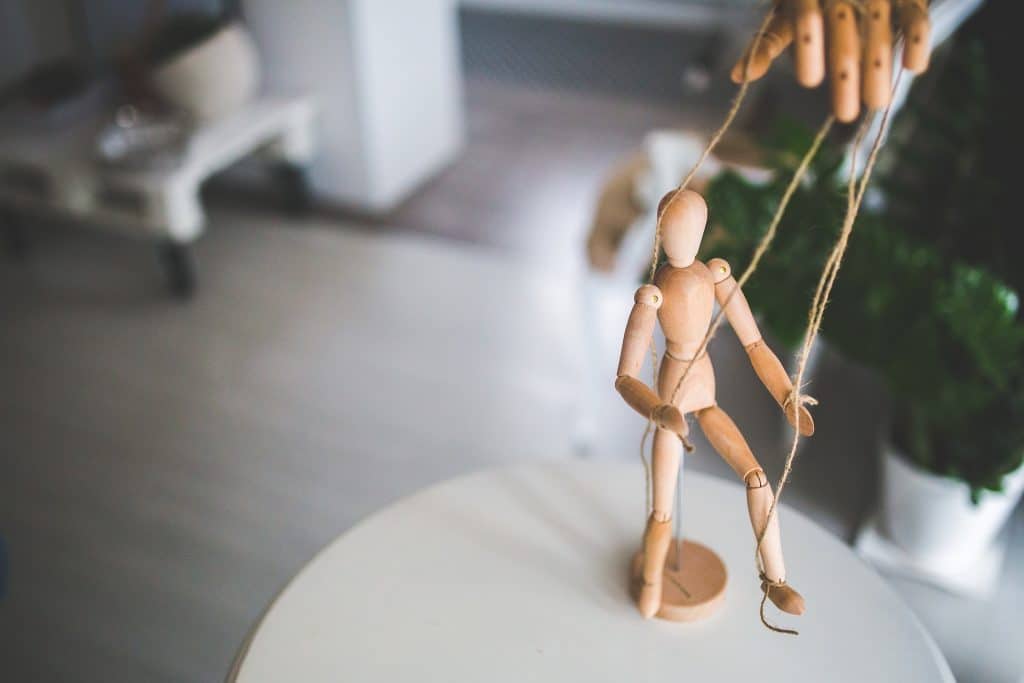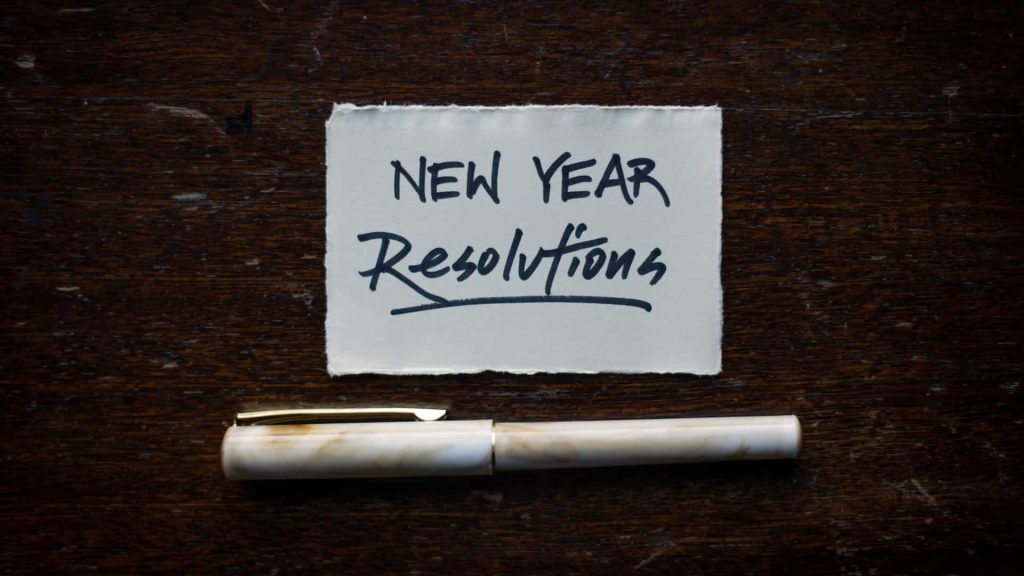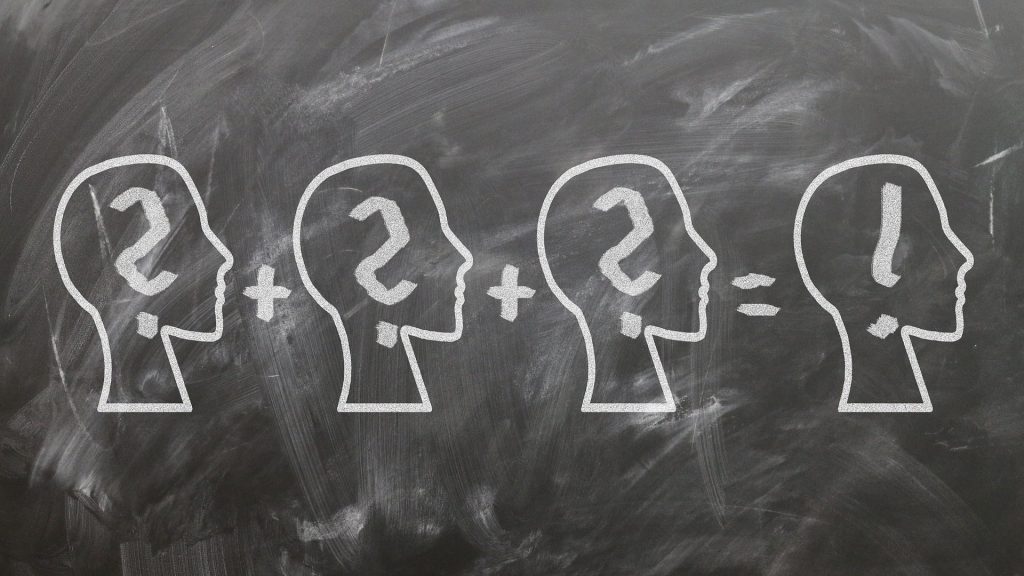Why We're All Becoming More Forgetful
Have you noticed that you’re forgetting words and basic things more and more often? You’re not alone! Memory experts are saying that more of us are experiencing these exact phenomena of forgetfulness more often these days and for many reasons. What is hindering our ability to remember the little details we easily forget? I would tell you I just can’t quite remember….Just kidding! Keep reading to find out.
Cognitive Energy Consumption
After the last three years that we have had, it is really no surprise that the stress and change of it all are causing some adverse effects, and memory loss is one of them. Experts are saying that increasingly we are finding it more and more challenging to recall simple things like names, words, and even routine acts that should be second nature. All of the change and stress we have and are still experiencing over the past three years has been consuming so much of our cognitive energy.
Sara Mednick, a neuroscientist and professor of cognitive science at the University of California says, “our brains are like computers with so many tabs open right now, this slows down our processing power, and memory is one of the areas that falters.” It isn’t new news that people facing stressors are likely to have impaired memory, however, now it is just on a collective scale as no one was immune from the stressors of the past few years.
Stress also negatively affects attention span and sleep, which also then affects memory, so it feels like we are being hit from all angles. There is also another factor that is not helping us at all, and it is the constant information channels we have that are sending us new data all the time. Our brains are over-cluttered, and we seemingly can’t escape the constant flow of information. Our brains are doing their best to keep up with the pace at which we are moving, but some things are being left behind.
Pandemic Brain Fog

The pandemic has not made it easy for us and our memory, as our brains and our memory thrive on novelty. Novelty helps memories stand out and create some structure. But it is no surprise that during the pandemic when were confined to our four walls doing the same things every day, we struggle to remember anything from that period of time! Without novelty, all of our memories blend into one big clump of similarity and it can be extremely difficult to separate what happened three months ago from what happened a year ago.
So much is still changing as we begin to return to a new normal and so you can expect that some of the stressors will still be around and affecting you. The best thing you can do is give yourself compassion! Things have been so hard and so you must give yourself time to adjust to the new reality we face in the wake of the pandemic.
In conjunction with self-compassion, there are a few other things you can be doing in order to help yourself get your memory back and function in stronger ways than it has been over the last few years. We’ll call these things, memory reboots! It is about stripping away distractions and going back to basics to let our brains recover from the immense stress and anxiety we have all been facing. Let’s take a look at rebooting our memories.
A Memory Reboot
Have you ever forgotten what you were walking into a room for or forgotten someone’s name and just about beat yourself into the dumps for not being able to remember? Well, when you try to force yourself to remember what you’ve forgotten the emotional part of the brain takes over and overrides the parts of the brain used to retrieve memories, so you’re only making it more impossible for yourself. The best thing you can do is take some deep breaths and try to let it go for a while, and then revisit it once you are calm again.
The next thing you can do to help your memory is to stop multitasking! It is now proven that we can’t actually multitask, we can only task switch, which is ineffective! Doing more than one thing at a time is creating more data channels sending information to your brain and increasing the information overload! Dr Jennifer Kilkus of Yale School of Medicine says “when you practice paying attention in the moments when it doesn’t matter, it will become easier in the moments when it does matter.”
When you’re conversing with someone, how often are you actually listening? Being present socially is something I would argue that we all struggle with. Whether we are thinking about something completely irrelevant and just giving the “yep…mmhmm…yeah” lip service every few seconds to pretend like we’re really listening or thinking about what we are going to say when they’re finished talking, we aren’t really listening. It’s no wonder we don’t know as much about people as we wish because when they tell us, the information goes in one ear and out the other. Try really listening when people are talking to truly take in the information, they are telling you, and be socially present!
Hey! You’re Biased! – #31 Illusion of Control

The illusion of control describes how we believe that we have more control over natural occurrences than we really do. Say you’re going to see your favourite team play footy and you wear your lucky jersey because every other time you’ve worn it, they’ve won. And today, no surprise to you because you have your lucky jersey, they win! You may be tempted to believe that you had influence in their success, but really that it is just the illusion of control!
References –
Bernstein, E. (2022). Why we’re all forgetting things right now. Journal of Medicine. https://www.namd.org/journal-of-medicine/2889-why-we%e2%80%99re-all-forgetting-things-right-now.html


